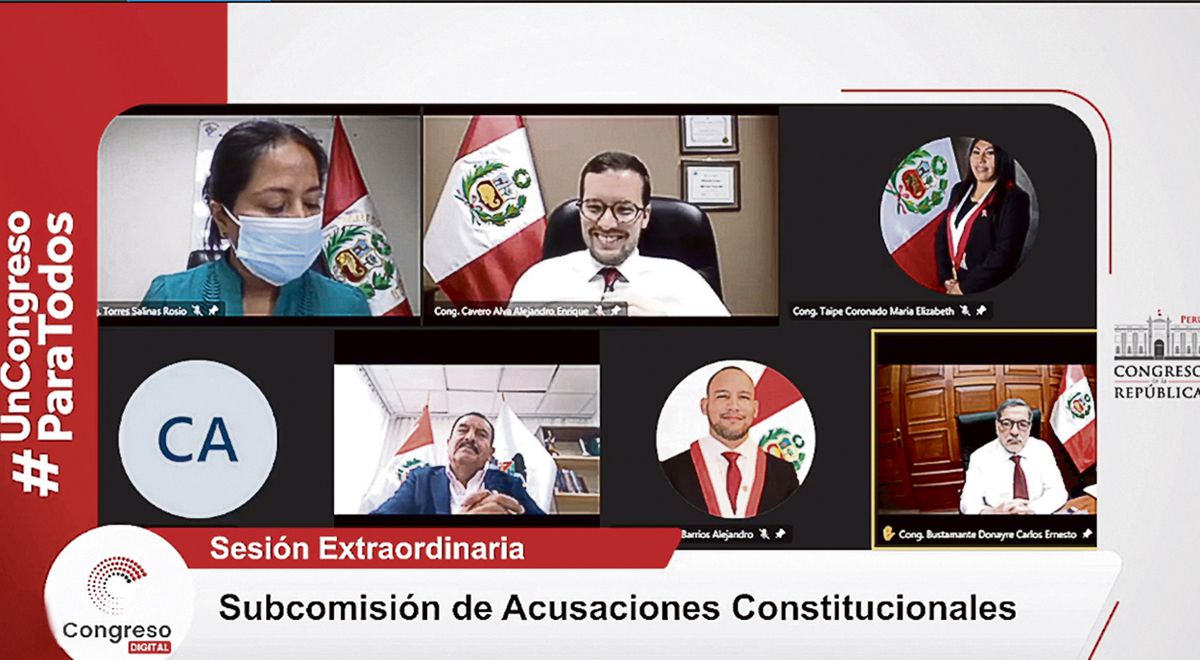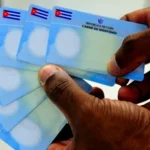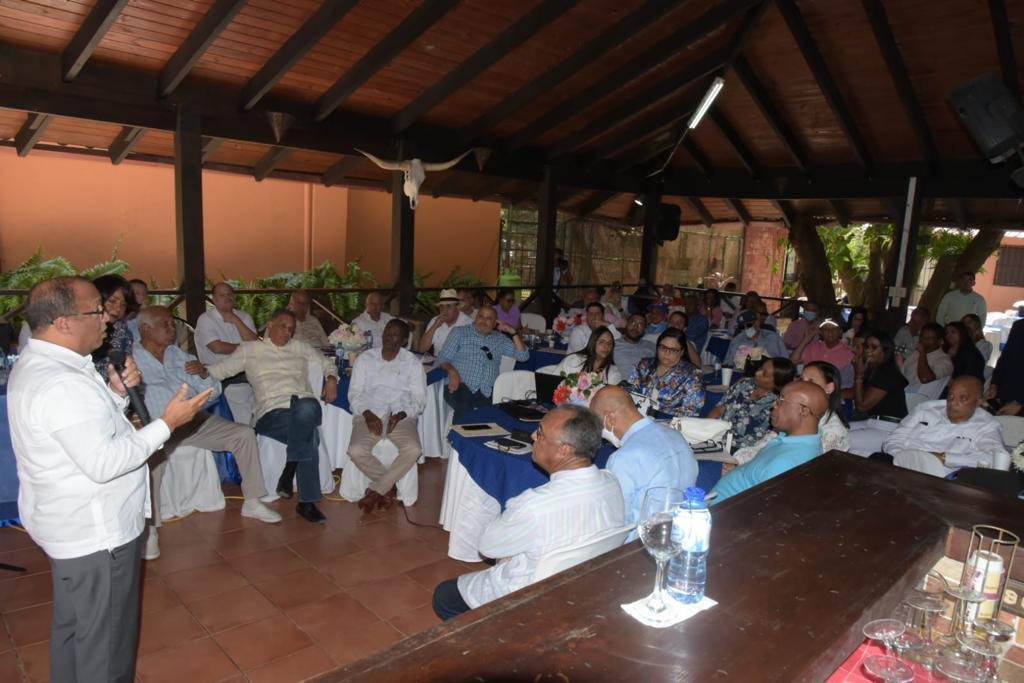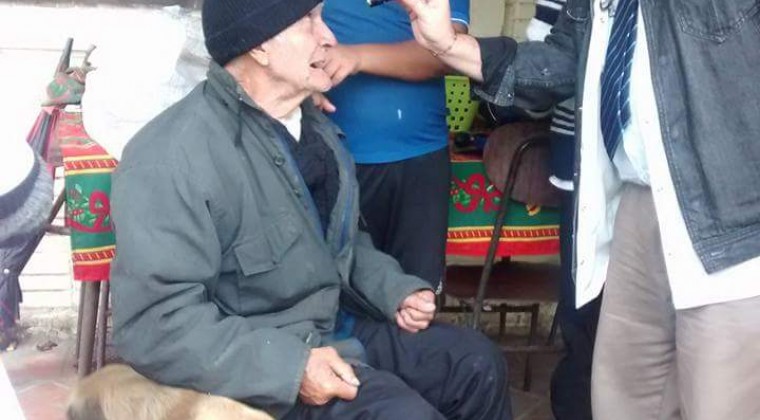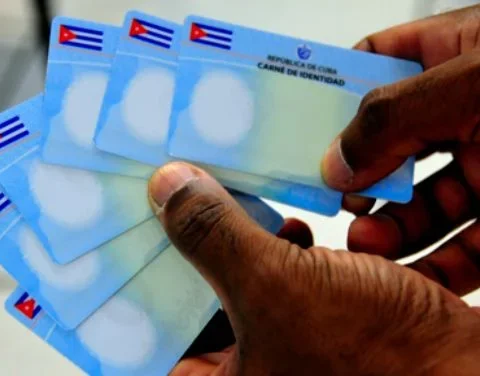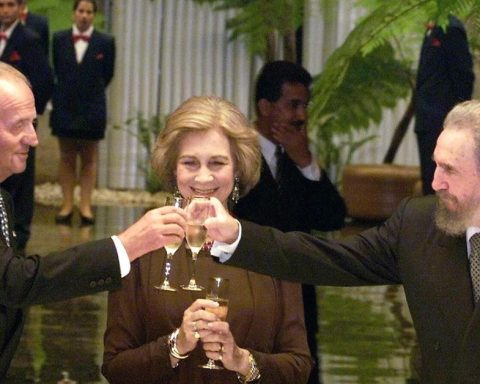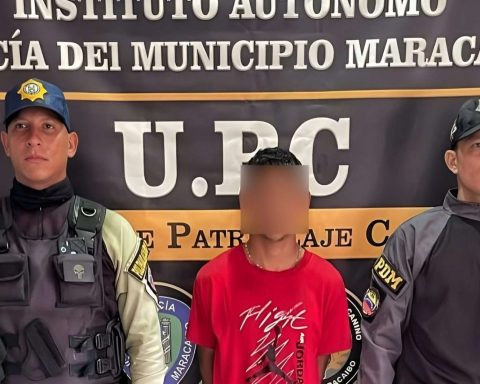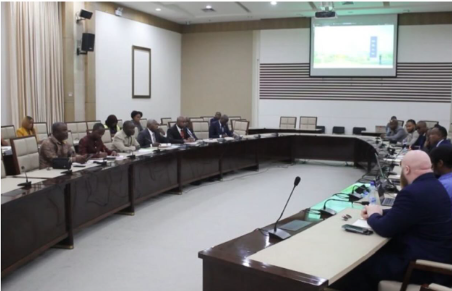In the middle of an eventful session, The Subcommittee on Constitutional Accusations of the Congress of the Republic declared the constitutional complaint against the president admissible peter castle for infraction of articles 32, 54, 110 and 118 paragraphs 1, 2 and 11 of the Constitution, and for the presumed crime of treason against the country.
Opposition figures, including Lourdes Flores and Fernán Altuve-Febres, filed a complaint for the president’s statements when he mentioned that “the people will be consulted” when asked about the possibility of giving Bolivia access to the sea. Later, Legislators Norma Yarrow (Avanza País) and José Cueto (Popular Renovation) endorsed the complaint.
In an attempt by the ruling party, Waldemar Cerrón raised a point of order, pointing out that the deadlines for voting on the qualification report because the deadline was February 25Nevertheless in this session it was not possible to continue with the session due to lack of quorum. “After the maximum period of 10 days has elapsed. I think he could even incur a crime if we continue with this process, since the deadline has already passed,” said the brother of the general secretary of the pencil party. The initiative did not get enough votes.
YOU CAN SEE: Operator of contracts with Chinese was Zamir Villaverde
This position was refuted by right-wing representatives, including Alejandro Cavero, from Avanza País. “On the issue of deadlines, the guarantee is that it will not be resolved by missing the deadlines. If you can a little later or a little earlier, we are finally complying, there it would be necessary to analyze with the technical secretary”, he commented and later highlighted “the boycott” that the perulibrista group made to “leave without a quorum” the Friday session.
Alejandro Cavero was the one who requested that the complaint against Castillo be processed and prioritized. The majority of the group accepted and after advancing the deadlines, they have now declared the qualification report appropriate.
Editorial modification in conclusion
Cavero suggested that in the conclusion of the qualification report, which until then was four points, the items of the citizens of the congressmen should not be separated, but that they be united in only two points, differentiating themselves for treason against the country and for infractions. to the Constitution. Martha Moyano, from Fuerza Popular, agreed to this request and put it to the vote.
Eight votes were recorded in favor and another eight against. Due to this fact, the president of the Subcommittee, Rosio Torres, used her casting vote and allowed the qualification report to be approved. The position was supported by Fuerza Popular, Avanza País, Popular Renewal, Alliance for Progress and Wilson Soto of Popular Action.
YOU CAN SEE: Karelim López: the luxurious life of the businesswoman close to Pedro Castillo
Free Peru, We are Peru, Together for Peru and Jorge Flores de People’s Action they voted against. Alfredo Pariona, from the ruling caucus, announced that he will later file a reconsideration of the vote.
Complaint can end in suspension or dismissal
Cesar Delgado-Guembes, an expert in parliamentary law, specified in a conversation with La República that the constitutional complaint in question must follow a parliamentary process that will last at least three months. He also indicated that the fact that the legislators have endorsed the complaint managed to “correct” the breach of requirements that existed if only the citizens were the complainants, because they were not directly affected.
The specialist explained that the report approved yesterday will be forwarded to the Permanent Commission, this group normally does not debate, but if the debate is allowed and then it is voted and approved, they return the report to the Subcommission and give it a period of 15 working days as maximum to initiate an investigative process.
YOU CAN SEE: Pedro Castillo visited Dina Boluarte and met with the attorney for constitutional issues
This term begins to run from the moment the chairperson of the Subcommittee reports the decision of the Permanent Commission. The first step to take is to elect a delegate for the case, who will then give a written report of facts and pertinent evidence, so that the members of the Subcommittee are informed of the case. Subsequently, a session is scheduled in which the parties to the case participate, that is, the complainant and the accused.
The Permanent Commission is directed by the Board of Directors of Congress and 29 other legislators. In total there are 33.
In a next session, the delegated congressman will have to give a final report in which he recommends or not the origin of the constitutional accusation. If he is supported by this group, he is referred to the Permanent Commission. In this instance it is debated and voted. If they also support him, he goes to the plenary session of Parliament. Until then, approvals are given with the absolute majority of votes in favor, that is, half plus one of those who are qualified and present.
However, in plenary the situation changes. In this last step, the complaint will be voted on separately from the accusations and without counting those who voted in the Permanent Commission, which is not necessarily the number of members, there may be fewer who have voted on the report.
YOU CAN SEE: Anti-corruption prosecutors support Omar Tello after testimony of Karelim López
On the accusation of treason against the fatherland, which is considered a crime in the exercise of functions, an absolute majority is required to approve the impeachment. The absolute majority consists of the number of votes greater than half the legal number of congressmen without counting the members of the Permanent Commission. In addition, as indicated in article 89, paragraph i of the Rules of Congress, parliamentarians can suspend a high-ranking official, in this case President Pedro Castillo, with the same number of votes.
As a consequence of this measure, Congress refers the case to the Supreme Court so that a trial can be initiated for the accused crime. That is to say, the Congress does not reach a sentence, who does it is the Judicial Power.
To approve the constitutional infraction, the support of 2/3 of able-bodied congressmen in the plenary session is required. This case is a political trial, so the sanctions, as stipulated in the same article in the third paragraph, legislators can suspend, disable or remove the president.
Delgado-Guembes reiterates that this procedure is not related to the vacancy, but that the dismissal or suspension have the same purpose, which is to remove the senior official from office. Although this process is longer.
YOU CAN SEE: We transcribe Karelim López’s statement to the Prosecutor’s Office
They work in the vacancy
Jorge Montoya reiterated that they have decided to present a vacancy motion. Photo: The Republic
In the Board of Spokespersons, the Karelim López-Pedro Castillo case was mentioned, but, according to José Jerí, from Somos Perú, to the Congress channel “It has prevailed that we must be respectful of the procedures”, in relation to the fact that said statements are not yet corroborated.
Jorge Montoya, spokesman for Renovación Popular, reported that at this meeting he gave each bench spokesman an official letter with the 18 arguments of the vacancy motion that they work “so that they can analyze”. Avanza País reported that they are preparing another initiative, so they will not sign the Popular Renewal initiative.
